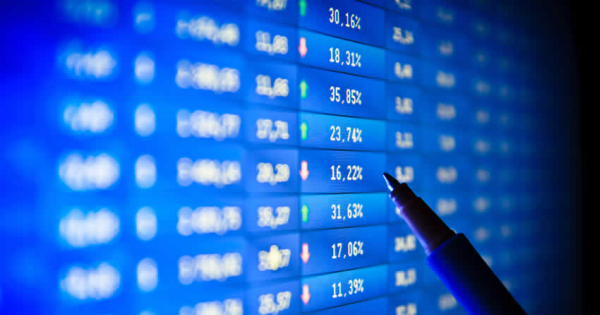A Guide To Trading Binary Options

The meaning of ‘binary trading’ is simply the action of placing binary trades. Traders can invest in prices going up or down, or staying within a certain range or reaching a preset value. All of these are variations on a binary trade, and all of them represent examples of binary option trading. When referring to “trading”, the view is generally longer term. At this point the payout level becomes more important. As mentioned, these vary from around 65% to 95% – some more elaborate options can go even higher. These payouts will vary from broker to broker. Payouts will also change dependant on the asset and the expiry time. Differences can be significant so traders looking to use binary options long term, need to shop around to find the best payout for the asset class (or classes) they intend to trade. It will make a huge difference in the long run.
Steps to open a binary trade;
- Identify the underlying asset to trade e.g. the price of gold, the Facebook share price or the GBP/USD exchange rate
- Set the expiry time (The time the option will end), and decide on the size of the trade or investment
- Decide if the value will rise or fall (Call or Put)
Binaries are traded online. There are a range of brokers, all of whom will provide binary trading via dedicated websites and also across mobile devices via apps. Some will offer binaries “over the counter”, others via an exchange – but they all follow the same process to open a trade. These trading platforms will vary to a certain degree, but many will share common features. Most of these brokers will offer demo accounts, enabling potential new clients to try out their trading platform. The steps above will apply at every single broker. As a trader gets more advanced, more layers of complexity can be added, but in essence, the attraction of a binary option is in the simplicity, and ease of managing risk. In terms of strategy, and how to trade these type of options well – they are a unique investment. There are a number of strategies and trading styles. From technical analysis to fundamental research. Trader education will be key to any success in binary trading. Our articles will hopefully provide both education and up to date news. Allowing traders to improve their results month on month.
You choose your position based on whether you believe an event will occur within a set timeframe. You can also trade once the timeframe has started, as long as it’s during trading hours and before the pre-close period. For example, you could start trading on a one-hour binary with 20 minutes left until expiry. (The pre-closed period for binary options falls between 30 seconds and two minutes prior to the expiry, depending on the timeframe and instrument.)When trading binary options, you buy the binary if in your view the event will occur at the end of the timeframe. Conversely, you would sell the binary if you don’t think the event will occur.
Binary options trading and how it works -
Now that we’ve looked at the mechanics of a simple binary trade, we think it’s high time for you to learn how payouts are calculated. More often than not, the payout will be determined by the size of your capital at risk per trade, whether you’re in- or out-of-the-money when the trade is closed, the type of option trade, and your broker’s commission rate. In the example given above, you bet $100 that EUR/USD will close above 1.3000 after an hour with your broker offering a 79% payout rate. Let’s say that your analysis was spot on and your trade ends up being in-the-money. You would then get a payout of $179. $100 (your initial investment) + $79 (79% of your initial capital) = $179 Easy peasy, right? Don’t get too excited just yet! You should know that there’s no one-size-fits-all formula for calculating payouts. There are a few other factors that affect them.
Factors in Payout Calculations
Each broker has its own payout rate. For starters, Forex Ninja’s intel shows that most brokers offer somewhere between 70% and 75% for the most basic option plays while there are those who offer as low at 65%. Various factors come into play when determining the percentage payout. The underlying asset traded and the time to expiration are a couple of big components to the equation. Normally, a market that is relatively less volatile and an expiration time that is longer usually means a lower percentage payout. Next, the broker’s “commission” is also factored into the payout rate. After all, brokers are providing a service for you, the trader, to play out your ideas in the market so they should be compensated for it. The commission rate does vary widely among brokers, but since there are so many binary options brokers out there (and more coming along), the rates should become increasingly competitive over time.
Good article
Congratulations @pamelaharris555! You received a personal award!
You can view your badges on your Steem Board and compare to others on the Steem Ranking
Do not miss the last post from @steemitboard:
Vote for @Steemitboard as a witness to get one more award and increased upvotes!